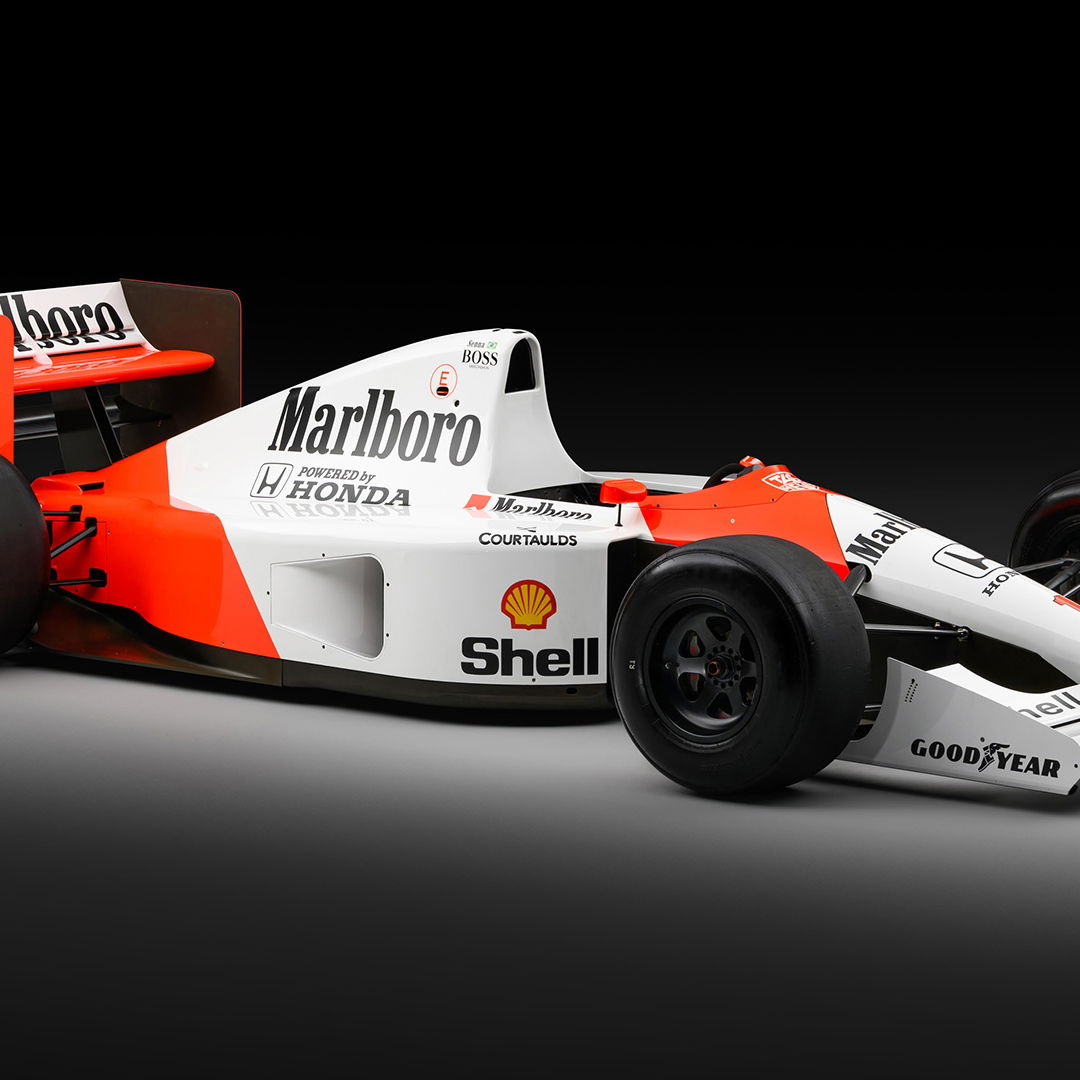Peugeot in Formula One
After huge successes in both rally and endurance racing Peugeot decided to enter Formula One as an engine supplier.
They switched to F1 for the 1994 season and developed a modified version of the 3.5L V10 found in the Peugeot 905 which they won the 1992 and 1993 24 Hours of Le Mans with. The 905 even finished 1st, 2nd and 3rd during the 1993 event.
These Peugeot engines could be found in the back of the McLaren MP4/9. McLaren’s relationship with Peugeot didn’t last long though, after scoring just 8 podium finishes across the 1994 season with a best finish of 2nd in Monaco and Belgium and a total of 17 retirements during the season they decided to ditch Peugeot in favour of Mercedes for the upcoming seasons.
The break-up with McLaren led Peugeot to supply engines to the Jordan team for the upcoming few seasons. Their first year with the team wasn’t amazing, they recorded 16 retirements across the season. Their best result came in Canada when Barrichello finished 2nd with Ervine in 3rd, this was in a race where only 11 drivers managed to reach the chequered flag. They would finish the season in 6th place in the Constructors’ standings.
Things would improve slightly for the 1996 season, even though reliability was still a problem. Across the season they retired 14 times and didn’t score any podiums, they would though finish the season in 5th, one position better than the previous year.
They had their best finish in 1997 though. They still finished 5th in the Constructors’ standings, but this time they scored 33 points and 3 podiums compared to last season’s 22 points.
Even though they had a great season in 1997, Peugeot started supplying engines to the French team, Prost F1 in 1998. Jordan meanwhile switched to engines from Mugen Honda.
Peugeot’s first season with Prost was an absolute disaster. Both the engine and gearbox were unreliable and the car retired 15 times across the season and only scored a single point in Belgium leaving the team 9th in the standings, only ahead of Minardi and Tyrrell, neither of which scored points.
Things improved a lot though for 1999, even though like always the reliability was still a big problem. Their best finish came at the European Grand Prix at the Nürburgring when Jarno Trulli finished 2nd in a race where only 10 cars finished. The team would finish the season in 7th.
Their third and last season with the team was by far the worst season they ever had. The car was very unreliable, even more so than the previous years and across the season they retired 22 times. Not only was the car unreliable, it was also slow and they didn’t manage to score any points. Because of this the team wasn’t even classified in the final Constructors’ standings.
At the end of the 2000 season, Peugeot said that they would leave Formula One due to a lack of results and money. Peugeot director, Frédéric Saint-Geours stated:
“I want one thing to be made totally clear. We are pulling out of Formula One for good. In life one must never say never, but if you want my opinion, it is that Peugeot will never again race in F1. We simply do not believe that the massive investments in Formula One are justified by the returns.”
That’s all for now, thanks for reading and have a nice day :)
Marijn M.
#Blogpost






Comments
Damn. Never knew Pergout was in f1…man, if only they could go back to racing in the highest series again…
Very interesting!
That Prost F1 car looks fantastic, shame Peugeot didn’t do as well in F1 as they did in other racing series.
I’ve been following F1 for quite some time now, but I’ve never heard Peugeot was involved, great post!
Peugeot go into almost everything with a half-arsed attitude. Somewhere around the early 2000s they started making cars that were slower and heavier than the competition (example: 407 V6 petrol and diesel which were similarly powered to equivalent BMWs and Audis, but with inferior performance). They didn’t invest properly in the BTCC, they don’t invest heavily in rallying, they constantly develop exciting concept cars then never translate them to the road. Peugeot must up their game, as they have made themselves almost irrelevent.